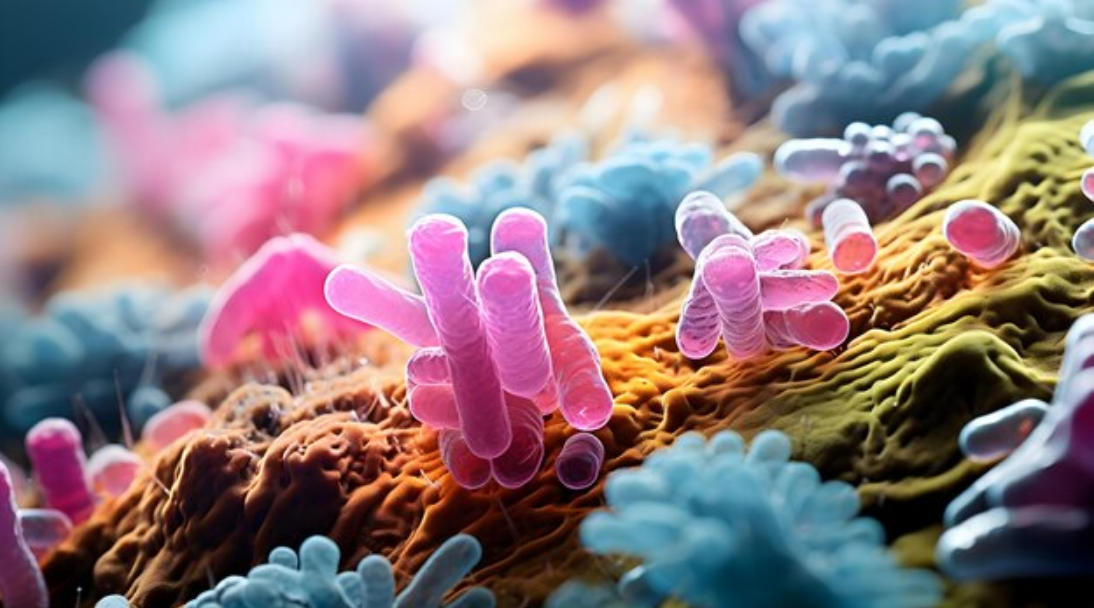Antibiotics are medications that help rid the body of bacterial infections. However, safe and careful antibiotic use is a public health concern due to their impact on beneficial gut bacteria. Recent research focuses on how to protect gut bacteria while allowing medications to effectively fight infections.
Recent Research on Lolamicin
A study published in Nature examined the effectiveness of a new antibiotic called lolamicin, which specifically targets gram-negative bacteria. Researchers found that lolamicin may be effective against over 130 multidrug-resistant clinical isolates. Tests on mice showed that lolamicin could effectively treat infections while protecting the gut microbiome.
Kristen Muñoz, PhD, a scientific analyst at Morrison & Foerster in Los Angeles, CA, explained the clinical implications of this research to Medical News Today. She noted that this antibiotic could become an option for doctors to treat infections while safeguarding beneficial bacteria from harm.
Benefits and Side Effects of Lolamicin
The study found that lolamicin has activity against a panel of over 130 multidrug-resistant clinical isolates, demonstrating great promise as an effective antibiotic. In mice, lolamicin showed good tolerance and effectiveness in treating acute pneumonia and septicemia.
When administered orally, 70% of mice with septic infection survived. This study also showed that lolamicin outperformed broad-spectrum and gram-positive-only antibiotics in preserving the gut microbiome. Mice treated with lolamicin were less likely to develop C. difficile infections compared to those treated with other types of antibiotics.
Challenges and Further Research
Despite the promising results, there are certain limitations. This study used mouse models, so further research is needed to explore lolamicin’s effectiveness in humans. Muñoz noted that more research is needed to test lolamicin against a wider range of bacterial strains and to determine how quickly drug resistance develops. Additionally, more detailed toxicology assessments and pharmacokinetic studies are required to fully understand lolamicin’s potential.
Impact of Antibiotics on Gut Microbiome
Certain antibiotics are effective against specific types of bacteria. Doctors must carefully prescribe the appropriate antibiotic to ensure proper treatment of infections. Gram-negative bacteria are particularly resistant to antibiotics, and when antimicrobial resistance develops, recovery becomes more difficult.
Antibiotics can also harm beneficial bacteria and organisms in the human gut, affecting the diversity of the gut microbiota. Clostridioides difficile is one bacterium that can cause severe infection after antibiotics disrupt the microbiome.
Future Research on Gut Microbiome and IBD
Inflammatory bowel disease (IBD), such as ulcerative colitis and Crohn’s disease, affects millions of people and can severely disrupt their daily lives. Research shows that the gut microbiome of IBD patients has specific characteristics that differ from healthy individuals, offering clues for better treatments.
In a podcast episode, Dr. Marcel de Zoete from UMC Utrecht, Netherlands, and Zosia Krajewska, who lives with ulcerative colitis, discuss the importance of the gut microbiome and potential dietary interventions for managing IBD symptoms.
Further research is needed to find the best ways to combat the underlying mechanisms of IBD. Additionally, fecal microbiota transplantation is a promising treatment avenue that is gaining attention.
With advancements in this field, discoveries like lolamicin are expected to provide more effective and safer solutions for treating infections without harming beneficial gut bacteria.


